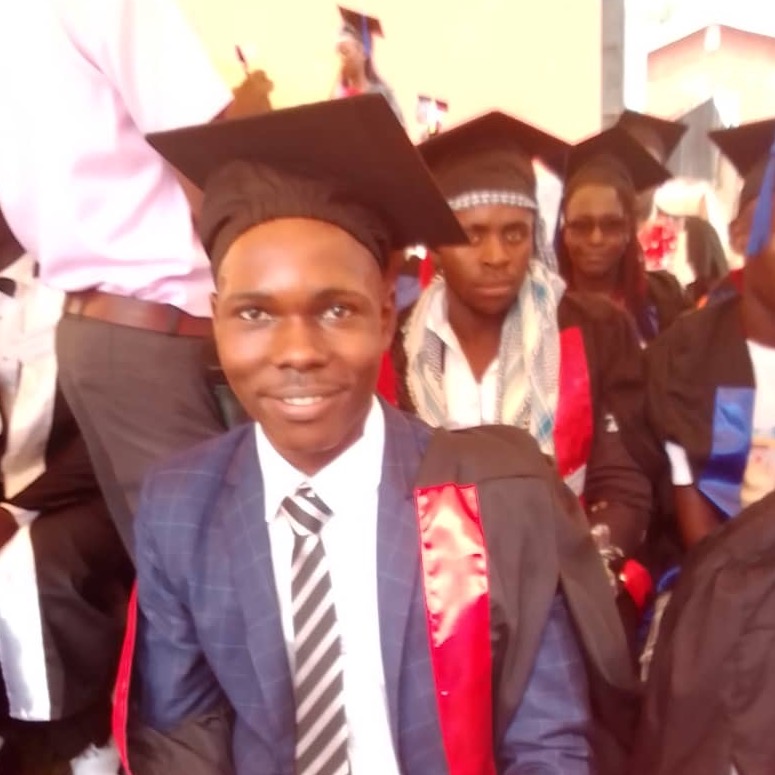 This time around I had a long conversation with Brian Jonathan Odongo, who is the managing director at Braca Tours and Travels Limited, a local ground handling tourism business whose specialty is offering experiential, tailored Ugandan Safaris. He shared the following with me about the impact of COVID 19 on the tourism industry in Uganda.
This time around I had a long conversation with Brian Jonathan Odongo, who is the managing director at Braca Tours and Travels Limited, a local ground handling tourism business whose specialty is offering experiential, tailored Ugandan Safaris. He shared the following with me about the impact of COVID 19 on the tourism industry in Uganda.
“Tourism is the leading foreign event in the country bringing in $1.6 billion dollars annually. The sector has been one of the mainstays of the country, contributing approximately 8% of the GDP and supporting 667,600 jobs directly and more than one million jobs indirectly. Therefore, the sector’s growth had a tremendous impact on the economy.
Despite the vibrancy and success recorded in recent years, the sector has been hardest hit by COVID 19. Most lucrative markets like Africa, Europe and the U.S. are the epicenter of COVID 19 and there have been lockdowns of states and movement. As a result the travel embargo has become inevitable. Most of the airlines have suspended their operations. All hotels and tour operators have received numerous travel booking cancellations to different destinations like national parks, education centers, and urban tourists destinations.
The majority have suspended operations. The tourism sector is halfway through the year with businesseds running out of liquidity. According to Minister Kiwanda Godfrey of tourism and antiquities, Uganda expected two million visitors this year. The trickle-down effect will be felt across affiliated industries and the rest of the economies within Uganda and the East African region at large given the forecast of the vaccine by science in a year’s time.
This economic environment entails peculiar challenges in the tourism sector making it difficult to fulfill the obligations especially statutory obligations, debt servicing and utility payments. For example, the Uganda Wild Education Center has been struggling with employee wages and salaries, feeding animals and paying electricity bills. No businesses would welcome such a situation, though government has intervened but it seems not enough. However the unfortunate temporary situation has pushed private companies to open their minds and think of domestic tourism and medical tourism because of the way Uganda has handled the disease, having more recoveries and less deaths.
The hotel and lodge managers have to look to reinvent themselves as they come up with better plans, improved facility designs and arrangements, bedroom setups, menu changes, and system changes to promote efficiency and enhance competitiveness. They’re looking at contingency planning for the future like the use of improved technologies including upgrading company websites. Tourism and travel industries are coming together to collaborate as local operators, seeing value in sourcing travelers from domestic and regional markets, and upgrading managerial capacity on business crisis recovery actions.
In this regard, the government needs to support private sector access to funding to allow some of these modifications, changes and upgrades. Once this support is granted, the Ugandan tourism and hospitality facilities would be highly attractive, competitive and patronized by tourists when the situation returns to normal.”
 Ashaba Arnold is an OHU-sponsored student awaiting acceptance for the start of his first year of university studies. He is interested in studying economics and accounting.
Ashaba Arnold is an OHU-sponsored student awaiting acceptance for the start of his first year of university studies. He is interested in studying economics and accounting.









